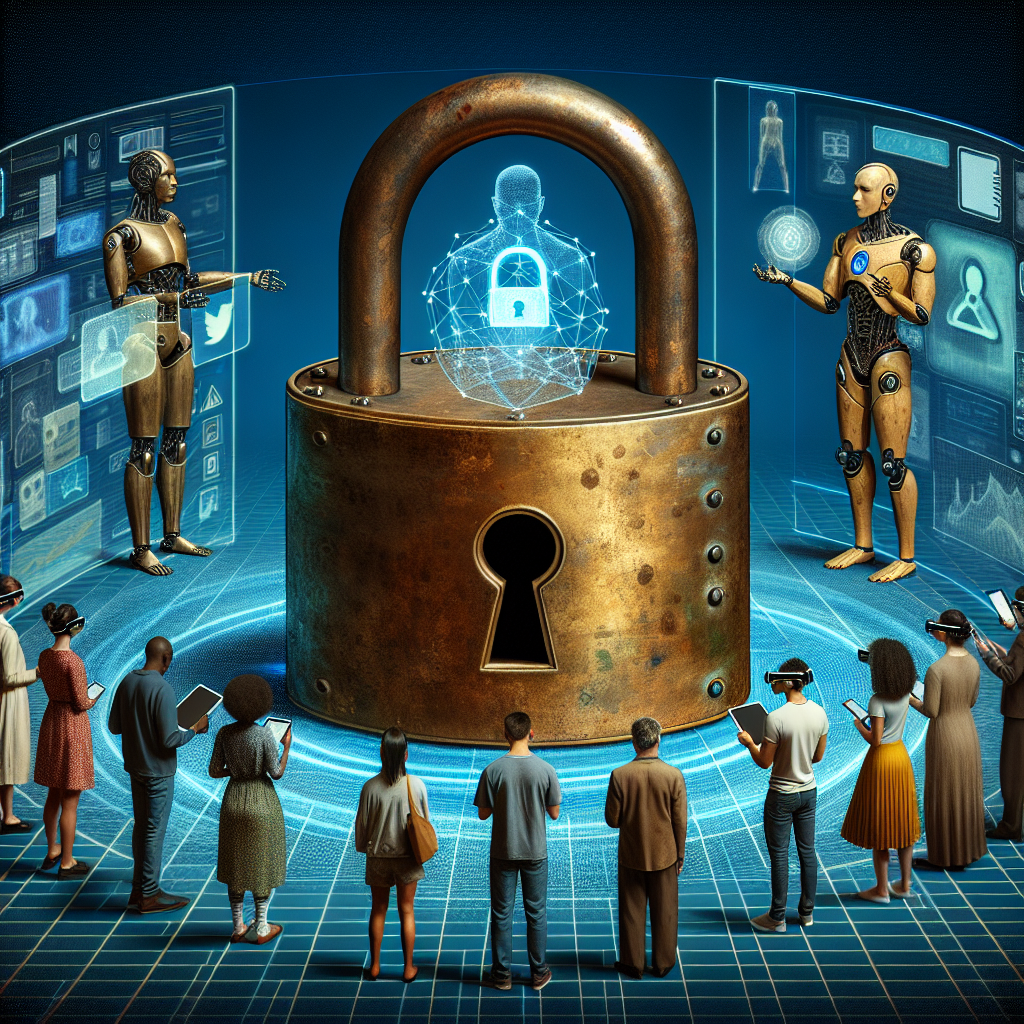The rapid advancement of artificial intelligence (AI) technology has the potential to revolutionize countless industries and improve the lives of people around the world. However, the benefits of AI are not being fully realized due to a lack of access to the technology by a wide range of individuals and organizations. Democratizing AI, or making it more accessible to a broader audience, is key to unlocking its full potential.
What is Democratizing AI?
Democratizing AI refers to the process of making AI technology more accessible and available to a wider range of users. This includes individuals, small businesses, non-profit organizations, and governments. Currently, many of the most advanced AI tools and technologies are only available to large corporations with substantial resources and expertise. Democratizing AI aims to level the playing field by making these tools more affordable and easier to use for everyone.
Why is Democratizing AI important?
There are several reasons why democratizing AI is crucial for unlocking its full potential. First and foremost, AI has the potential to revolutionize many industries and improve the lives of people around the world. By making AI more accessible, we can speed up the pace of innovation and ensure that the benefits of AI are shared more widely.
Additionally, democratizing AI can help to address some of the ethical concerns that surround the technology. For example, there are concerns about bias in AI algorithms, which can lead to discriminatory outcomes. By making AI more accessible, we can ensure that a diverse range of voices and perspectives are represented in the development of AI technology, which can help to mitigate these concerns.
Furthermore, democratizing AI can help to create a more inclusive and equitable society. By making AI tools and technologies more accessible to a wider range of users, we can empower individuals and organizations to solve their own problems and address their own needs. This can help to reduce inequality and empower marginalized communities to participate more fully in the digital economy.
How can AI be democratized?
There are several ways in which AI can be democratized to make it more accessible to a wider range of users. One approach is to develop user-friendly tools and platforms that make it easier for non-experts to use AI technology. For example, there are now a number of AI platforms that allow users to build and deploy AI models without needing to have a background in data science or programming.
Another approach is to provide training and education to help individuals and organizations build their AI capabilities. This can include workshops, online courses, and other resources that help to demystify AI and make it more accessible to a wider audience.
Additionally, policymakers can play a role in democratizing AI by creating regulations and incentives that encourage the development and adoption of AI technology. For example, governments can provide funding for AI research and development, support initiatives that aim to increase diversity in the AI industry, and create policies that promote the responsible and ethical use of AI.
What are the benefits of democratizing AI?
There are numerous benefits to democratizing AI, both for individuals and society as a whole. One of the key benefits is that it can help to spur innovation and drive economic growth. By making AI more accessible, we can empower individuals and organizations to develop new products and services that can create new markets and drive productivity gains.
Additionally, democratizing AI can help to address some of the social and ethical concerns that surround the technology. By making AI more accessible, we can ensure that a diverse range of voices and perspectives are represented in the development of AI technology, which can help to mitigate bias and discrimination.
Furthermore, democratizing AI can help to create a more inclusive and equitable society. By making AI tools and technologies more accessible to a wider range of users, we can empower individuals and organizations to solve their own problems and address their own needs. This can help to reduce inequality and empower marginalized communities to participate more fully in the digital economy.
In conclusion, democratizing AI is key to unlocking its full potential and ensuring that the benefits of the technology are shared more widely. By making AI more accessible, we can spur innovation, address social and ethical concerns, and create a more inclusive and equitable society. It is essential that we work together to democratize AI and ensure that everyone has the opportunity to benefit from this transformative technology.
FAQs about Democratizing AI:
Q: What are some examples of democratized AI tools and technologies?
A: There are now a number of AI platforms that allow users to build and deploy AI models without needing to have a background in data science or programming. Some examples include Google Cloud AI Platform, IBM Watson Studio, and Microsoft Azure Machine Learning.
Q: How can individuals and organizations build their AI capabilities?
A: Individuals and organizations can build their AI capabilities by taking advantage of training and education programs that help to demystify AI and make it more accessible. There are now many workshops, online courses, and other resources available that can help individuals and organizations get started with AI.
Q: How can policymakers help to democratize AI?
A: Policymakers can help to democratize AI by creating regulations and incentives that encourage the development and adoption of AI technology. For example, governments can provide funding for AI research and development, support initiatives that aim to increase diversity in the AI industry, and create policies that promote the responsible and ethical use of AI.

